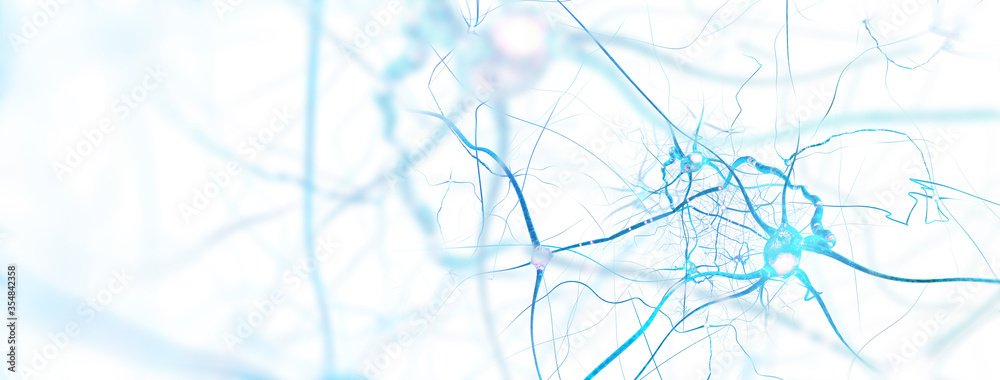
The Baker-Gordon Syndrome Foundation was founded to help families affected by this syndrome make connections with one another.
Baker-Gordon Syndrome (BAGOS), also known as, SYT1-associated neurodevelopmental disorder (SYT1 Syndrome) is a rare genetic disorder caused by mutations in the Synaptotagmin-1 (SYT1) gene. SYT1 is a vital protein that regulates the triggering of neurotransmitter release at the synapse. The mutation of the SYT1 in patients commonly causes intellectual disabilities, visual abnormalities, low muscle tone and more.
Through connecting we can support each other and explore research leading to treatments. Together, with medical professionals, we’ll discover and maximize our loved one’s potential.
-

Connect
Let’s be a support system for one another! Sign up to join our registry, share stories, and learn about quarterly parent support meetings.
-

Support
Donate or volunteer to our foundation. 100% of your donation will go to advocacy and research for a treatment for Baker-Gordon Syndrome.
-

Explore
The first case of Baker-Gordon Syndrome was described in 2015 and it was classified as a syndrome in 2018 by Kate Baker and Sarah Gordon.
The mission of our organization is to help those affected by Baker-Gordon Syndrome function at their full potential and live long fulfilling lives.
Science has shown incredible possibilities for treatments of single-gene disorders.
What the Future Holds
Pictured is Zuri from Boston, Massachusetts (USA). She was diagnosed with Baker-Gordon Syndrome at 7 months old. In this picture she is 9 months old at a Physical Therapy session working on sitting up. Patients like Zuri with BAGOS have low muscle tone which makes simple tasks such sitting up a challenge.
At present, there is no known curative treatment for this condition--only supportive management of symptoms... Without a treatment, patients with BAGOS are limited by their inability to function at their full potential.
Single-gene disorders such as BAGOS have been successfully treated with gene therapy. Let’s give Zuri and everyone else with BAGOS a chance to thrive!
Join the Registry
Every week there is another case of Baker-Gordon Syndrome diagnosed.
The increase in genetic testing offers more clarity for patients with single-gene disorders. The more cases which are diagnosed, the more we will learn about this syndrome which means more resources will become available for treatments.




